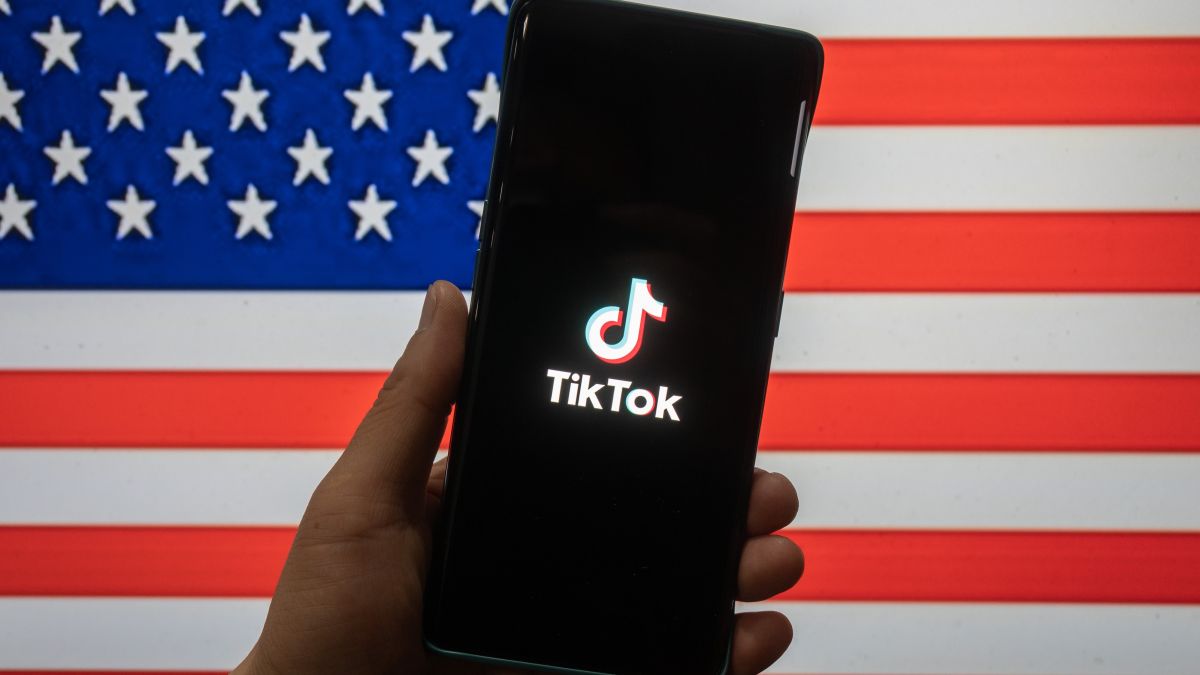
Folks have robust emotions about TikTok harvesting and accessing delicate knowledge (opens in new tab) about them, based on our survey of 1,000 TechRadar Professional readers (500 within the US and 500 within the UK).
We discovered that almost all of those who use the platform do care if the corporate tracks their biometric knowledge, the best way they appear, or if it harvests the info generated by their gadgets’ sensors.
What’s extra, the vast majority of these utilizing the platform would both be “very nervous” or “cautious” about the opportunity of TikTok accessing their delicate knowledge. When requested in the event that they thought TikTok gathered extra delicate knowledge in comparison with different social media corporations, the bulk on each side of the pond stated they didn’t know, and a few additionally added that it didn’t actually matter.
Widespread and controversial
TikTok is a social media platform on which customers can put up brief video clips. It rapidly turned the most well-liked social media platform on the earth, at the moment in use by greater than 1.53 billion folks, based on the most recent figures from Demand Sage.
It was developed by a Chinese language firm known as ByteMedia, which was based over a decade in the past, and it has generated many controversies. The US Authorities, for instance, argues that TikTok is being utilized by the Chinese language authorities to spy on their Western adversaries.
Two weeks in the past, the US Senate launched a brand new invoice, known as the RESTRICT Act, which “prohibits sure transactions between individuals in the USA and overseas adversaries”.
Whereas TikTok itself just isn’t explicitly used for instance within the invoice, its introduction might nicely be seen as the federal government’s opening salvo in its makes an attempt to ban the app nationwide.
TikTok is already prohibited on authorities gadgets, a transfer echoed by the EU, UK, Canada, and others. The Guardian reported that the White Home seems to be “very in favor” of the invoice, and its development to the Home of Representatives and subsequently the President’s desk appears to be like possible.
In its present state, it’s unclear precisely how the invoice is likely to be enforced, and the way the federal government may exploit it. Nevertheless, its heavy-handed nature could show worrying for these involved about sustaining a free web.
